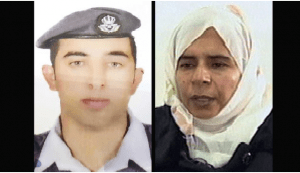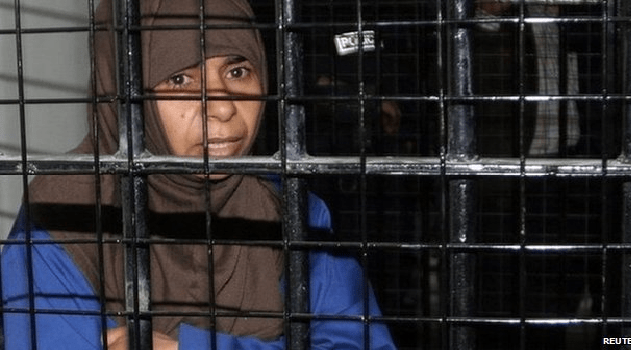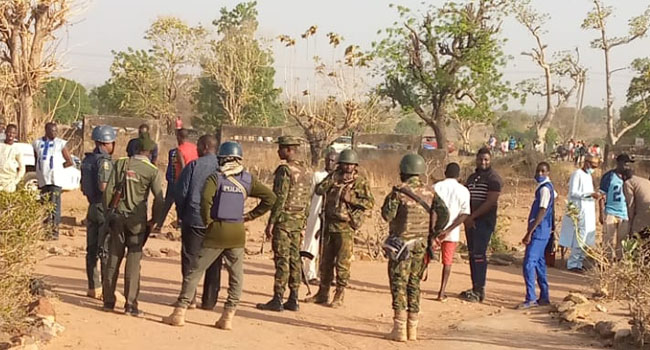
The woman, a failed suicide bomber, Sajida al-Rishawi and an al-Qaeda operative, were hanged at dawn.
Islamic State militants had demanded the release of Sajida al-Rishawi, in exchange for a Jordanian pilot, before the video was posted online.
Jordan had promised an “earth-shaking response” to the killing of its pilot, Moaz al-Kasasbeh.
Authorities also executed a senior al Qaeda prisoner, an Iraqi man who was sentenced to death in 2008 for killing a Jordanian.
The fate of Kasasbeh, a member of a large tribe that forms the backbone of support for the country’s Hashemite monarchy, had gripped Jordan for weeks and some Jordanians had criticised King Abdullah for embroiling them in the U.S. led war that they say will provoke a militant backlash.
The prisoners were executed in Swaqa prison, a large facility 70 km (45 miles) south of the capital, Amman, just before dawn.
Rishawi, in her mid-forties, was sentenced to death for her role in a 2005 suicide bomb attack that killed 60 people. It was the worst Islamist suicide attack in Jordan’s history.
Scores of Jordanians, infuriated by Kasasbeh’s killing, gathered at midnight in a main square in the capital calling for revenge and her quick execution.
Holding placards showing images of the pilot, several youths chanted “Death, Death to Daesh,” using a pejorative Arabic acronym for Islamic State.
Jordan said on Tuesday that the pilot had been killed a month ago. Disclosing that information appeared to be an attempt to counter domestic criticism that the government could have done more to strike a deal with Islamic State to save him.
In Karak, Kasasbeh’s hometown in Southern Jordan, dozens of protesters had attacked a government building late on Tuesday, blaming the authorities for failing to do enough to save him.




